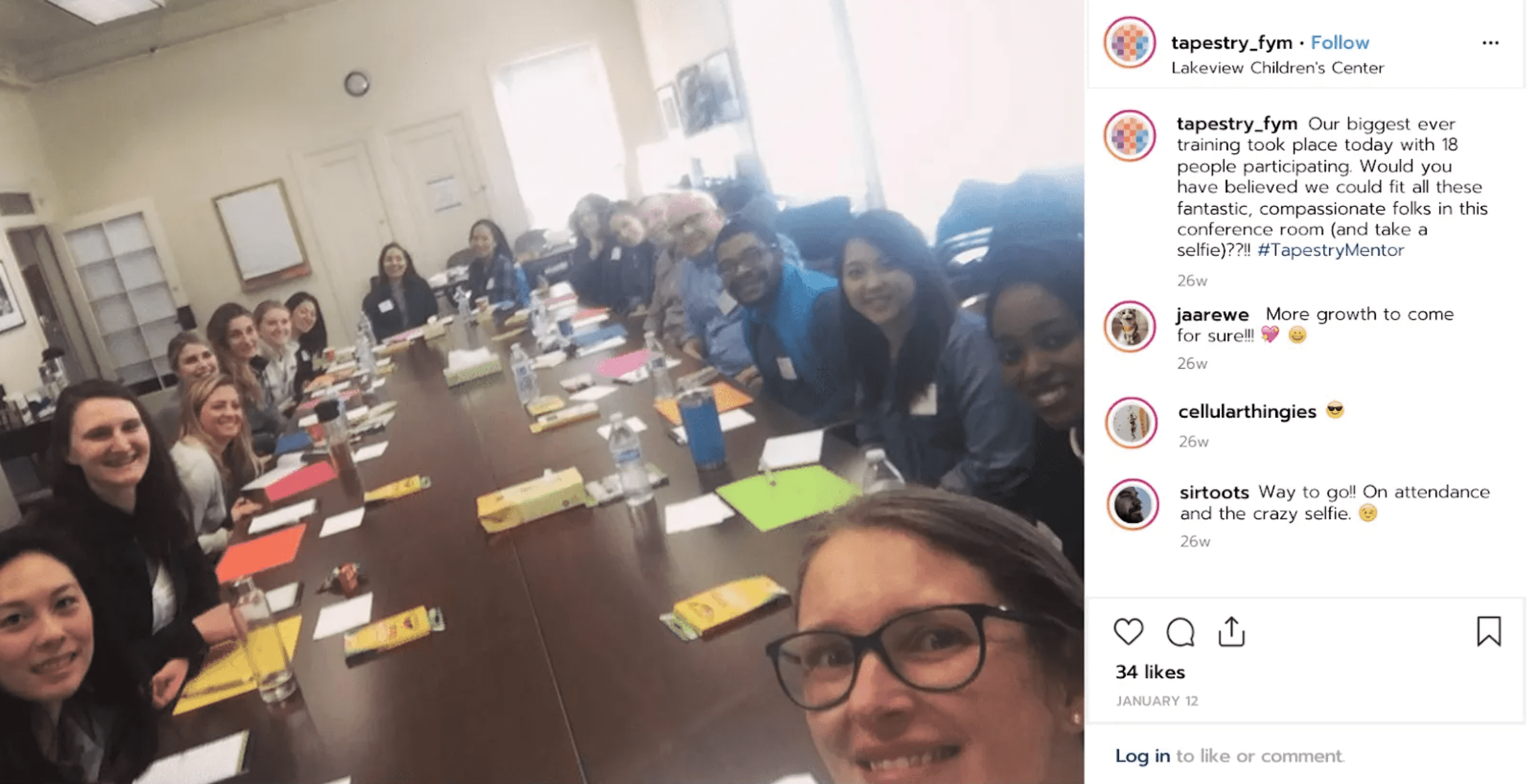Couple more items to share from the last week or so…
—-
Manohla Dargis writes the funniest movie reviews this side of the AV Club. In fact, I think in the case of The Other Boleyn Girl, her review tops Tasha Robinson‘s. Then again, the latter is definitely my least favorite AV Club regular. (C’mon, she doesn’t even like The Big Lebowski.) A.O. Scott’s your man if you want to be reminded of just how wonderful the cinema can be, but if you’re looking for tongue-lashings, it doesn’t get any better than Ms. Dargis, at least in my book.
—-
Everyone should take a quick look at Andrew C. Revkin’s commentary on the “Grand Challenges for Engineering” report unveiled at a AAAS meeting a couple weeks ago. Revkin’s main point is that many of these challenges are really “opportunities waiting for shifts in policy and/or spending.” I think his line of thinking is related to my standard job/scholarship interview riff on why one might bother complementing a nuclear engineering degree with technical communication, editing, and writing tutoring work: because most of the nuclear industry’s serious problems are more rhetorical than technical.
I kinda shivered when I saw that Ray Kurzweil was on the committee that came up with these goals (the reverse-engineering of the brain thing is obviously at least partly his). Prescient and brilliants as he may be, and as bitchingly realistic as his keyboard sounds are (believe me, I’ve got an SP-76), the guy scares the hell out of me. Listen to Bill McKibben! Kurzweil’s thinking is dangerous.
…Seriously, go out and buy Enough right now. You wanna talk about clear thinking? McKibben has done something I didn’t think was possible: drawn an unambiguous line in the technological development sand without the usual neo-Luddite hand-wringing.
